Critique of field philosophy: A plea for philosophical investigation
1At a moment when the great opposition between "analyticals" and "continentals" seems a thing of the past, it may be time to reopen a discussion on philosophy, less on its method than on its subjects. In doing so, another opposition appears that, in my view, seems to become increasingly important today. On the one hand, the great renewal of analytical or "continental" metaphysics revives a philosophy whose subject is the world and/or reality "taken as a whole," which characterizes itself as a meta-reflection on the categories of thought. On the other, the post-pragmatist and post-structuralist philosophies tend to expand the "empirical" horizon because they assert a "regional" character – associating themselves exclusively with a certain kind of subject (vulnerability, "care," [1] gender, social relations of domination, etc.) – while endeavoring to rethink the relationship between philosophy and the social sciences that are definitively abandoning the "imperialist" temptations of the past. Christiane Vollaire’s book, Pour une philosophie de terrain, participates in this debate by undertaking a very useful examination of the difference between the work of the 21st-century philosopher and that of the sociologist, historian or anthropologist.
2It is true that philosophers typically worked on texts from a canonical tradition representing the history of their discipline as well as on the debates of their time. They would then produce a theory on the basis of their knowledge of the concepts, using the coherence of their discourse and their line of argument as justification for the necessary distance they kept from empirical or "field" data. The role of researchers in the social sciences was completely different: they would work on people or on archives seen as "documents" or "monuments" of the past, objectifying their experience and their position as observer as much as possible in order to provide a scientific justification for their data and their results. But this clean and clear distinction has been weakened, and not just theoretically: by the very way in which the "profession" of philosopher has evolved. A new generation of philosophers has not only made themselves historians, asserting a particular approach toward the archives of philosophy that has the merit of calling the canonical tradition into question: it has also, with increasing frequency, put forward a new form of approach toward human reality (or indeed the reality of animals and plants), which involves appropriating the tools or the results of sciences such as ethology or botany. In this sense, philosophers can no longer claim an "unfettered" relationship to the empirical, based upon their intuitions or their "private" experiences with the subject, in total indifference to the questions raised by the "fieldwork" of social sciences. We must not forget that the "fieldwork" [2] of social sciences refers as much to a research attitude, which involves the researcher’s first-person commitment to intersubjective interactions in order to produce qualitative knowledge about reality, as it does to this reality itself, the subject of the investigation: i.e. all of these interactions, their organization and their effects. But the philosopher who is concerned about reestablishing their relationship to this fieldwork, understood as both attitude and subject, can and must choose between several options.
3From a more traditional epistemological perspective, as we know, the philosopher works on the definition of concepts, or even on the methodology of the social sciences, often with normative ambitions. Naturally this attitude runs the risk of returning the philosopher to a domineering position in relation to the researcher in the social sciences, a position that has already been subject to much dispute (we could mention, for example, Bourdieu’s quite relevant critiques concerning this "imperialist" attitude that philosophy has). But an even greater risk in this scenario could be the ban on any relationship between philosophy and the field as a subject, reducing it to data carrying a meaning that only a particular philosophical conceptuality could bring to light.
4Yet philosophy may also choose to give more credit to the data and results collected by the social sciences, relying upon them to (re)construct a certain interpretation of reality that allows it, in particular, to revisit some of the achievements of political or moral philosophy (this is often the case with the contemporary approaches that take their inspiration from the Frankfurt School). In this scenario, philosophers do not claim a more constitutive access to some significance of the data to which researchers in the social sciences remain blind, so to speak. At the same time, however, philosophers will not themselves do fieldwork, leaving that to a division of labor sanctioned by the academic and disciplinary classifications of learning. Once again, the risk is in constructing a "theory" over the shoulders of the ethnologist or sociologist, less for the inability to take the field into account as a primary subject than for the impossibility of developing a specifically philosophical attitude toward the field.
5What remains is a third path, one that Vollaire invites us to take in her book: defining that attitude. Her book does not really discuss the interrelationship between the work of researchers in philosophy and in the social sciences, but rather the possibility of defining a "philosophical field" by going behind the social sciences, or to put it better, doing without the social sciences. We could say that her arguments for distinguishing the philosophical notion of the field from that of the social sciences could be expressed in three points. Firstly, there is a difference concerning the aim, as philosophy does not seek to provide objectifiable data or contextual constants concerning the field as a subject: rather, it demonstrates transformative ambitions (p. 38). Philosophy seeks to act upon the world, to exercise a critical function or, to quote Marx as Vollaire does on this point, to "change the world" (p. 64-75). In other words, philosophy comes less close to classical research in social sciences than it does to the objectives of action research. Secondly, philosophy abandons any search for objectification, its goal being less to create interpretable data than to get the questioner and the questioned to understand each other. This results in the flat rejection of the directive method of the interview, and the defense of the non-directive or semi-directive method (p. 40-50). Thirdly, the philosophical investigator is, according to Vollaire, a scrounger who must question their position, who must work upon themselves, abandoning any overarching position in relation to the subject of their investigation in order to adopt, in particular, the perspective of the subordinates (p. 41).
6On all these points, we must note that the philosophical approach is actually not that far from the qualitative methodology of the social sciences, most particularly in the fact that the researcher in the social sciences must also be able to question, indeed objectify their position in relation to the interlocutor (this is why, in ethnomethodology, the researcher keeps a diary most of the time). This is as true for the Bourdieusian school (see Bourdieu’s Sketch for a Self-Analysis) as for what is called the school of symbolic interactionism. And yet Vollaire’s philosophical approach is intended as more radical in its refusal of the objectifying approach, in that it focuses more fundamentally on the recognition of the processes of subjectification at work in thought and the interrelationships between those involved on the ground. Only "through this data that has been subjectively experienced and considered can a possible objectification of the situations and relations of power take shape" (p. 179). The real controversy with the social sciences, then, is with the illusion of axiological neutrality, rooted as much in the fact-value distinction as in the myth of the objectivity of the given. Vollaire’s field philosophy, on the other hand, accepts its "political" stance from the outset alongside the "subjugated knowledges," as Foucault would have said. This means that, even where it is not yet overtly normative, field philosophy positions itself among the subordinates and the dominated in order to produce a twofold transformation: of the social situation, but first and foremost of the philosophical stance itself, which is put into question. From this perspective, if the philosophical field does not initially produce givens, it is because it must instead produce a spiritual change in the philosopher who enters it. It means working on oneself, a chance to change oneself and the world where the philosopher becomes a participant by abandoning both their superior position and the abstract world of ideas in order to confront "the real" (an expression that Vollaire uses several times). The effects of the "field" attitude need to be discussed more than the field-as-subject does, as those effects are ultimately measured more through the philosopher as a person than by obtaining a "scientific" result from the investigation. That is probably why the notion of the "field" as developed by Vollaire seems more useful for philosophy than for the social sciences. We cannot blame her for this, but it does raise at least two questions.
7The first is: what does Vollaire call "the real," and why is the "real" that philosophers encounter in the field more "real" than the one they encounter in theory? To avoid getting into metaphysical issues, we could put the question another way: Can a field philosophy base itself on the mere commitment by a philosopher to delve into a reality beyond that of their profession?
8The second question concerns the nature of the "philosophical field": how does it differ from the field of the researcher in the social sciences? What are the conditions for a specifically philosophical field investigation? And above all, what does the philosophical field give us that the field of the social sciences does not?
9Christiane Vollaire’s book is brave and valuable. It puts us on the road to a philosophical problematization of the notion of the field: in this sense, it opens a breach through which others will hopefully soon pass. The gist of our criticism could be summarized as follows: the book could have benefited from a less frontal and exclusive approach to the methodology of the field investigation and the qualitative approaches devised in the social sciences. But this criticism does not in any way cast doubt on the value of this work that, in the author’s own words, should be read as the embryo "of something possible that is not yet formed, whose potentials are still multiple and will only take shape in the real when called upon" (p. 178). The idea that philosophy should remain open to such moments, such solicitations, and such possibilities to expand on, is probably what informs Vollaire’s whole approach and makes it so profound and fascinating.

